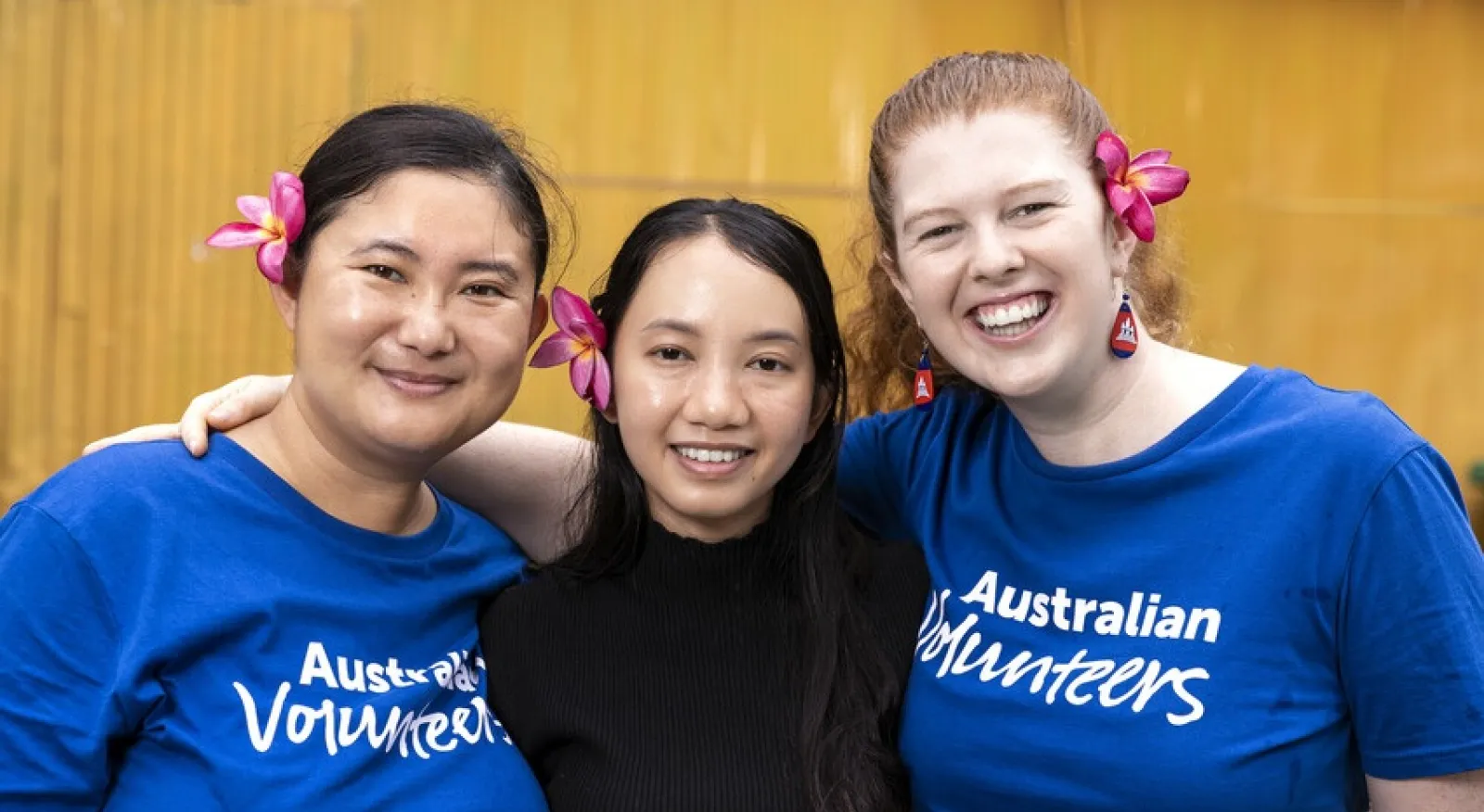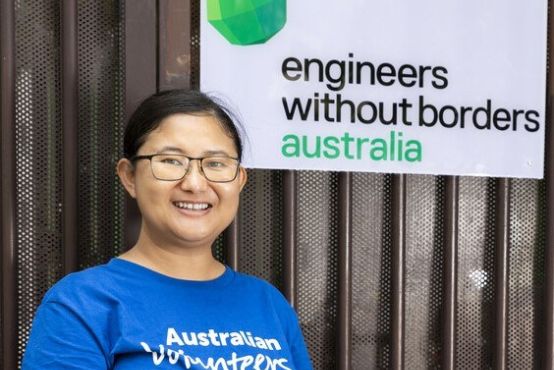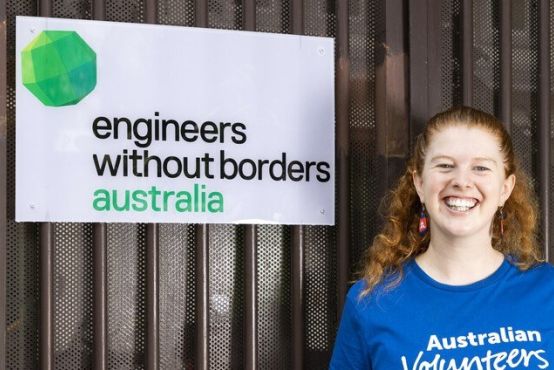Changing lives through engineering
Australian volunteers Meg and Ugyen explain how access to a toilet can be transformative in rural communities.

Meg and Ugyen are two engineers specialising in Water, Sanitation and Hygiene (WASH), volunteering with Engineers without Borders in Cambodia as part of the Australian Volunteers Program. Here, the pair explain how having access to a toilet can truly change lives.
'The goal of Engineers without Borders (EWB) is to work with communities and provide them with access to technologies to help them live a better life,' says Ugyen.
'Here in Cambodia, we are working to build toilets in challenging environments, such as communities that experience seasonal flooding, floating villages, hard ground, high ground water and water scarce areas.
'My assignment has been to work with the Ministry of Rural Development, local government authorities and local businesses to develop guidelines and manuals to help build effective sanitation systems in these challenging environments.'
Ugyen and her colleagues share how they're changing lives through WASH programs

'EWB places a lot of emphasis on working in partnership with the community to ensure that they understand and value the importance of a toilet and that they have the knowledge and tools to maintain that toilet,' says Ugyen.
'I've learned some really valuable lessons from my colleagues, particularly around flexibility, adaptability and connection to the community.
'We work in a very small team and one of the highlights of my assignment has been going on site visits with my colleagues. It’s incredible to see them in action, they do everything – from community consultation to facilitation and liaison with government bodies and operators, to site works such as installation, commissioning and testing.
'In Australia, when I worked on projects, we’ve worked in large teams with designated tasks – planning and concept design, detailed design, community consultation, construction... Here, being a small team, the engineers need to oversee and drive every stage of the project,' concludes Ugyen.
Fellow Australian Volunteer Meg agrees:
'When I was working as a water engineer in Australia, I was always behind a desk, writing reports, minutes or risk assessments that would be transferred through many people and three or four companies before a wastewater treatment system could be built years in the future. Here, we are working alongside an incredible team of Cambodian engineers who are going into the community and designing and building toilets for individual families to use right now – I've learned so much more than I’ve been able to give.
'But I've also been able to give in ways that I didn't expect either. Understanding how important reports are, and how they can help us meet the EWB Australia team’s requirements has really added value to the way I can support the team on the ground here.
'I've also picked up random skills! I've become a photographer, a videographer and everything in between supporting the team because we're such a tight-knit small NGO where everybody does everything.
'Having a toilet is something that Australians take for granted but I’ve seen firsthand that it opens so many doors. One of the highlights for me was going to a village that had had a toilet installed the year before and seeing how much pride the community took in having that toilet.
'Because of that toilet children are now able to attend school more often because they are getting sick less. It’s been humbling to see that the simple act of offering a toilet could have such a profound impact.'
Meg shares how the EWB team are working in challenging environments
